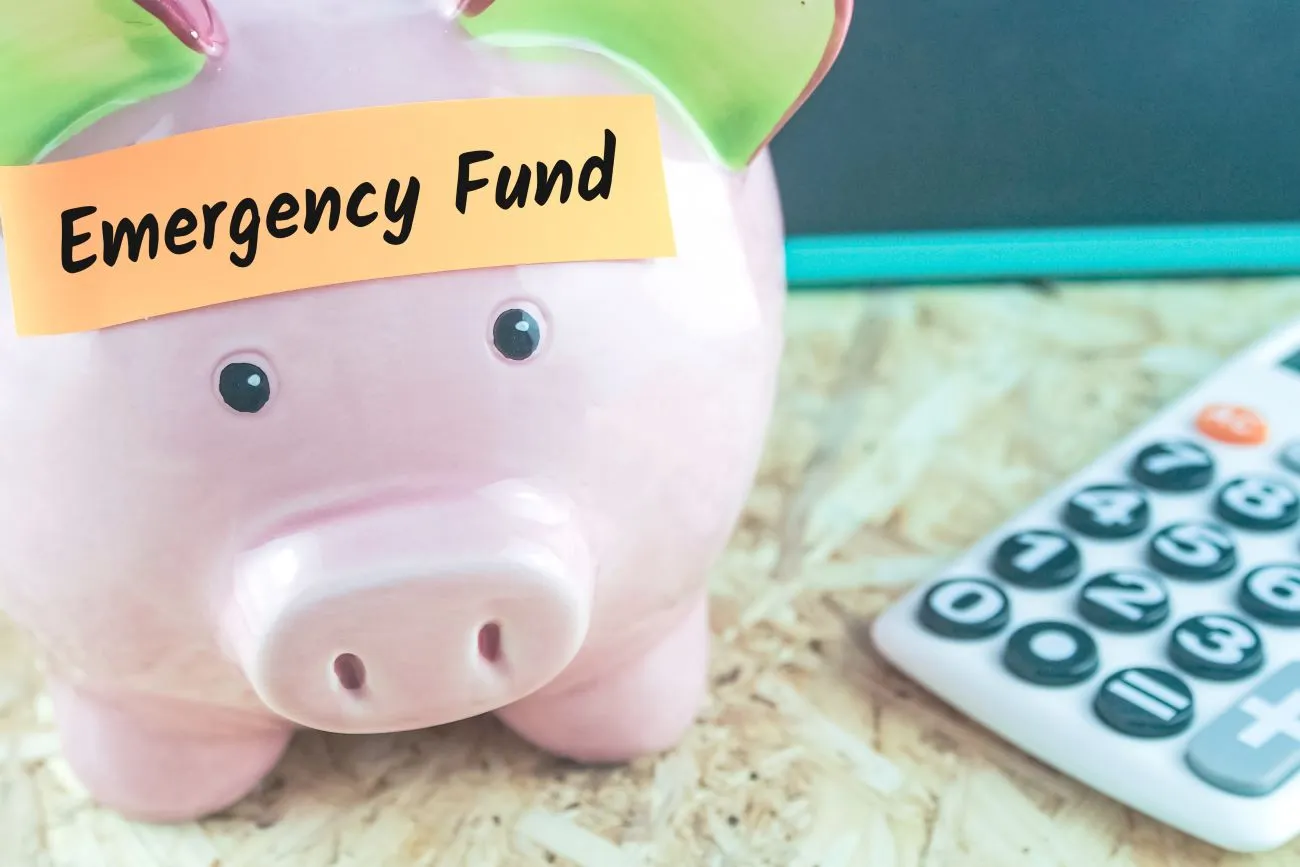In today’s world, many people rely on government benefits to meet their basic needs. These benefits provide essential support. Sometimes, surprising expenditures or chances arise that need further monetary help. That is where loans for those on benefits can be a valued resource.
Loans for individuals receiving government benefits provide handy funds to those who may not qualify for traditional loans due to their limited income or credit history. Responsible moneylenders provide these loans. They know the exclusive circumstances of benefit recipients.
Does this loan affect one’s suitability for future benefits?
No, it does not affect your future eligibility for benefits. These loans are a way to access temporary financial help when facing financial hardship and usually must be paid back over time.
Government benefit programs, like unemployment benefits or social support, have rules to decide who qualifies. These rules consider your current financial situation, income, and other essential factors. However, when you consider getting a benefit loan, you make a distinct financial decision to address your urgent financial requirements.
Keeping your word and repaying your loan as agreed upon strongly indicates your financial responsibility. It illustrates your ability to handle your money wisely and meet your financial obligations.
Handling your loan while on the benefits is a big deal. If you do not pay on time or cannot repay the loan, you might have to pay extra fees, which could worsen your credit score. Remember, even if this happens, your ability to get benefits in the future should stay the same.
In summary, loans & eligibility are distinct financial matters. Managing benefit loans should be fine with your future eligibility for government benefits, determined by their criteria.
Is there an online loan for individuals with bad credit?
Do you have bad credit and do not want to trouble anyone for co-signing? Online lenders can come to your rescue. They are in demand and available for people with not-so-great credit histories. Let’s dive into how this process works:
Seamless Online application:
Online lenders offer a convenient way to apply for loans. You can complete the application from your home using your computer or smartphone.
Credit valuation:
Credit evaluation procedures vary between traditional and online lenders. While conventional lenders rely on credit scores and co-signers, online lenders adopt a broader perspective. To assess your creditworthiness, they consider many factors. It includes your income, work history, and recent financial behaviour. Despite having bad credit, you may still meet the criteria for a loan based on other positive aspects.
Remember that loans for folks with less-than-perfect credit usually have higher interest. Moneylenders do this because they are taking on more risk. Thus, before you sign up, closely examine the loan’s terms & circumstances. This will help you find the best terms that work for you without complications.
Speedy agreement:
Online lenders offer faster approval processes than traditional banks. Sometimes, you can receive a loan decision within minutes or hours. They are making it suitable for urgent financial needs.
Seeking very bad credit loans with no guarantor through direct lenders is possible. Research, compare offers, and borrow to improve your financial situation.
Will a loan be easier to get if I have a co-signer?
Having a guarantor can improve your chances of loan approval on benefits. Think of them as a financial ally who vouches for you. If you run into trouble making payments, they are there to step in and assist. On the other hand, it will improve the chances of your loan possibilities with better terms.
Lenders like having a guarantor because it reduces the risk for them. When you apply for a loan, they assess your ability to repay it. Having a guarantor can reassure them if they have doubts about your ability.
Here is how it supports:
- Boosted confidence: Lenders feel more self-assured about lending to you because they know there is a backup plan if you struggle to settle the amount.
- Access to more funds: You may be eligible for a larger loan with a guarantor. This can be handy for bigger purchases like a house or a car.
- Improved credit score: If you are trying to build or rebuild your credit, making timely clearings with a supporter can help improve your credit score.
Yet, remember that being a sponsor is a big accountability. The person you choose should trust you and be stable. If you make issues with payments, they will have to step in. Thus, having a guarantor can boost your approval odds. Ensure you are confident about repaying the loan to maintain a healthy financial relationship with your supporter and the lender. Nowadays, securing a loan with no guarantor from a direct lender is also possible.
Does interest vary for loans granted to people on benefits?
Knowing what interest rates to expect when applying for a loan and on benefits is vital. Interest is like the extra cost you pay on your loan money. They are like the rental fee for using someone else’s money.
If you are getting government benefits, moneylenders might have different rates for you than people with regular jobs. These can vary, but they depend on a few things.
Your credit score plays a big role. Lenders might offer you lower interest if it is good because they see you as a trustworthy borrower. They might charge you more if it could be better because they see you as a bit riskier.
Different loans have various interests. For example, these loans might have higher rates than secured loans, like car loans or mortgages, where you put something valuable as security.
The lender has the authority to set the interest for the loan, much like how stores decide the prices for their clothes. Some lenders might be more lenient and offer better terms to those on benefits, while others may not. It is akin to shopping for clothing, where each store has its own pricing. Before you finalise any agreements, it is wise to conduct thorough research.
The interest you can expect on a loan while on benefits can range from lower. Suppose you have good credit or are taking out a secured loan. In such a phase, choose a lenient lender to higher if your credit score is healthier, you are getting an unsecured loan, and the lender is not as forgiving. Before going to choose any deals, it is vital to compare diverse choices. Discovering the most outstanding options per your requirements will be valuable.
Conclusion:
For individuals receiving benefits, loans can be a lifeline during challenging periods. Due to various situations, these loans offer financial support to those who depend on government assistance. They can help manage unexpected expenses, enhance living conditions, or kickstart a small business venture.
Seeking guidance from reliable sources is a smart move when dealing with benefit loans, and these loans can provide much-needed relief. Responsible borrowing and effective budgeting are crucial to ensure ongoing monetary stability. Essentially, loans for benefit recipients extend a helping hand, but it is essential to approach them thoughtfully, weigh your options, and utilise them to secure a happier lifestyle.






